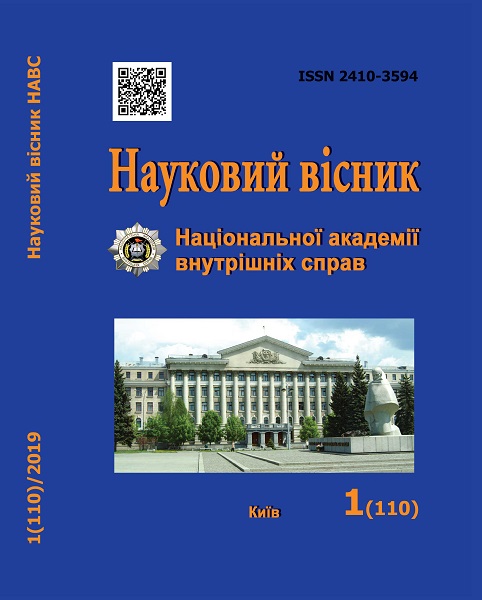Features of Linguistic Representation in the Federal and Local Parliaments of the Kingdom of Belgium and their Experience for Ukraine
Abstract
The purpose of the article is to study the principles and elements of the electoral system used in countries with several national languages and should be a tool for representing each language group in the representative bodies. An example of such electoral system is the system of formation of representative bodies in the Kingdom of Belgium. The article examines the constitutional and legal framework and the mechanism of the formation of representative and legislative bodies in the Kingdom of Belgium, where there are three official languages, and therefore the population is divided into three language groups. The authors research the main characteristics, features and elements of the electoral system of the Kingdom of Belgium. The main sources of research are the legal acts of the Kingdom of Belgium, in particular constitutional and electoral legislation. Particular attention is paid to the level of representation of each linguistic group in local and federal authorities. Scientific novelty consists in a detailed system analysis of the ways of forming
representative authorities of the Kingdom of Belgium at all levels. For the first time, the effectiveness of using a proportional electoral system to achieve an adequate representation of all language groups of the country in which there are three official languages is researched (using the example of the Kingdom of Belgium). The authors conclude that the mechanisms used in the formation of the local and federal parliaments of the Kingdom of Belgium do not fully ensure the proportional representation of each of the linguistic groups of the country. The experience of the Kingdom of Belgium can be used in developing the principles of reforming the electoral legislation of Ukraine, in particular in terms of using a proportional electoral system with open lists.
Keywords: electoral system; proportional electoral system; representative bodies; the Kingdom of
Belgium; linguistic representation; language groups.
Downloads
Abstract views: 96 PDF Downloads: 121
- Authors reserve the right to authorship of their own work and transfer to the magazine the right of the first publication of this work under the terms of the Creative Commons Attribution License, which allows other persons to freely distribute published work with mandatory reference to authors of the original work and the first publication of an article in this magazine.
- Authors have the right to enter into separate additional agreements on non-exclusive dissemination of the work in the form in which it was published in the journal (for example, to post an article in the institution's repository or to publish as part of a monograph), provided that the link to the first publication of the work in this journal is maintained.
- The journal's policy allows and encourages the posting of articles by authors on the Internet (for example, in electronic storehouses of institutions or on personal websites), both before the submission of this manuscript to the editorial office and during its editorial processing, as this contributes to the creation of a productive scientific discussion and positively affects the efficiency and dynamics of citing the published work.




